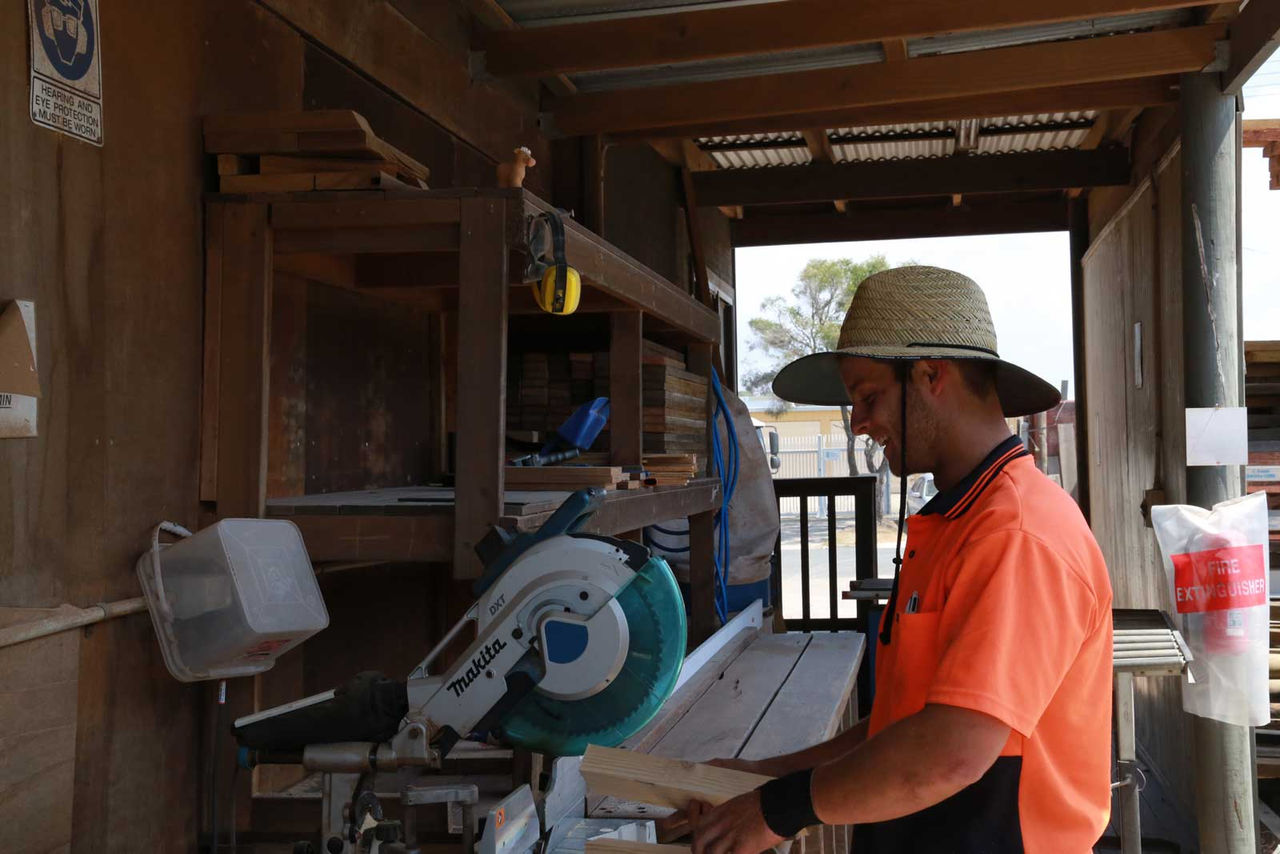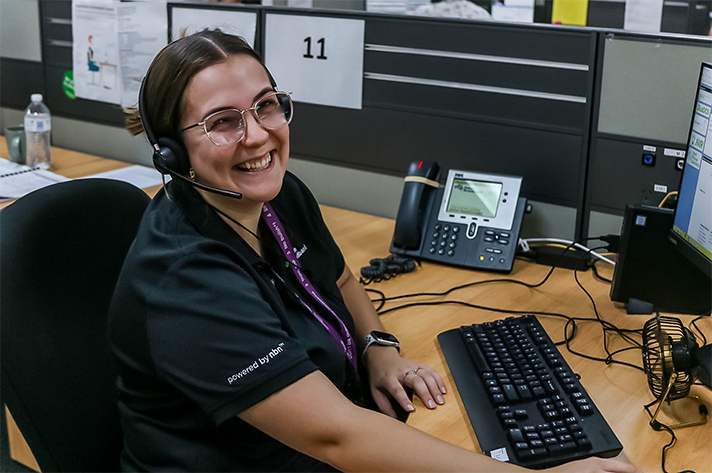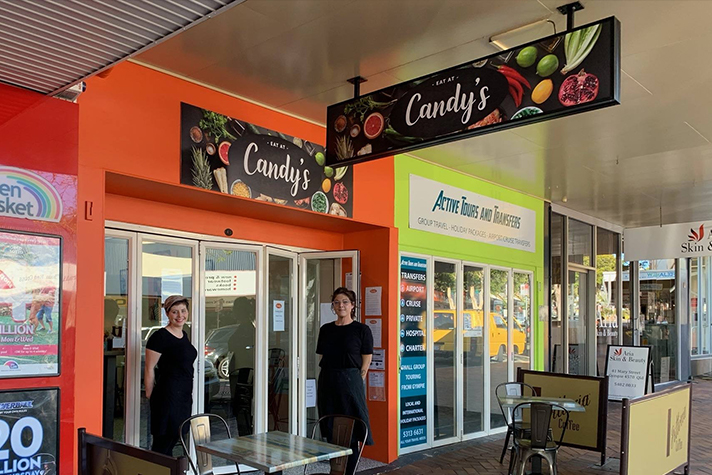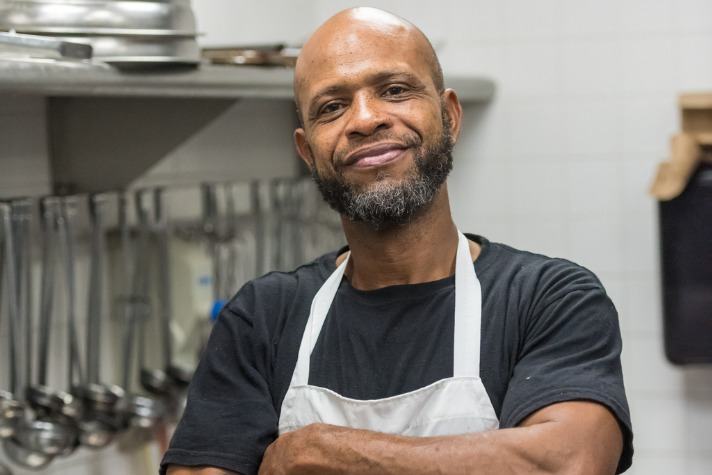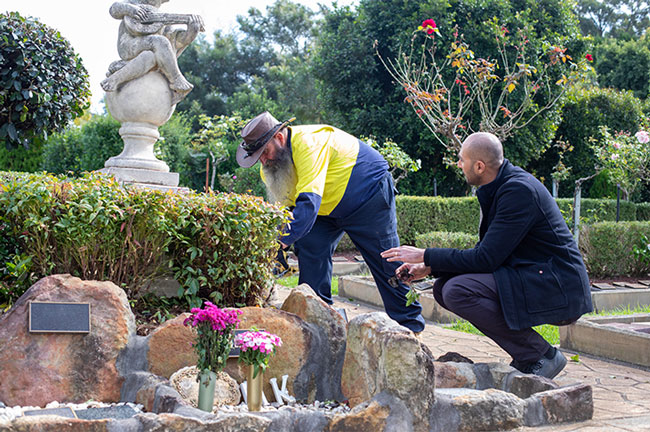How to build a successful relationship
Published by MAXSolutions on March 14, 2021

7 Research-based principles for a successful relationship
John Gottman is an American psychological researcher world-renowned for his work on relationship stability and marital conflict. He has conducted over four decades of research, with thousands of couples (including newlyweds and long-term partnerships) and used this evidence to derive a method of counselling and set of principles for improving relationship functioning.
Based on Gottman’s research, it is estimated that the average couple waits six years before seeking help for relationship problems and half of all marriages that end do so in the first seven years. If you feel there’s any sign of trouble in your relationship, you may require additional supports through resources or professional counselling.
However, it is best to address the issues early on rather than living with unnecessary unhappiness.
Below are seven principles derived from Gottman’s work, that will help improve any relationship. These include a few relationship-strengthening activities to explore and test out with your partner.
1. Enhance your love maps
According to Gottman, happier couples have “a richly detailed love map” – that is you know everything from your partner’s favourite movies to what’s currently stressing them out to some of their lifetime dreams. They will also know your deepest desires for life.
To become more familiar with your partner’s world, take some time to make question-asking a habit. These should be open ended questions that lead to details and discovery (e.g. Who was your best friend in childhood? What kind of books do you most like to read? Where was your favourite holiday?
2. Edit yourself.
The most successful couples are kind to each other. Happy couples will respect each other and have a generally positive view of each other. Gottman says that fondness and admiration are two of the most important elements in a satisfying and long-term relationship.
A helpful activity to remind couples of the partner they fell in love with called “I appreciate.” Gottman suggests readers list three or more of their partner’s positive characteristics along with an incident that illustrates each quality. Then read your lists to each other.
3. Soften your “start up.”
When conflict arises, consider a soft ‘start-up’ which simply means starting the conversation without criticism or contempt. Arguments often “start-up” because one partner escalates the conflict by making a critical or contemptuous remark.
Bringing up problems gently and without blame works much better and allows couples to calmly engage in conflict. In a happy partnership, couples make at least five times as many positive statements to and about each other and their relationship as negative ones.
Try focusing on the positives next time you discuss conflict with your partner and attempt 5 positive statements to every negative one.
4. Let your partner influence you.
Happy couples are a team that considers each other’s perspective and feelings. They make decisions together and search out common ground. Letting your partner influence you isn’t about having one person hold the reins; it’s about honouring and respecting both people in the relationship.
According to Gottman, “[Real-life romance] is kept alive each time you let your spouse know he or she is valued during the grind of everyday life.” Try considering one thing each day that you appreciate about your partner and communicate this with them.
5. Learn to repair and exit the argument.
Happy couples have learned how to exit an argument, or how to repair the situation before an argument gets completely out of control.
Examples of repair attempts:
- using humour
- offering a caring remark (“I understand that this is hard for you”)
- making it clear you’re on common ground (“We’ll tackle this problem together”)
- backing down (in marriage, as in the martial art Aikido, you often have to yield to win)
- generally offering signs of appreciation for your partner and their feelings along the way.
When you feel yourself getting heated during a conversation, let your partner know that you’re overwhelmed and take a 20-minute break. (That’s how long it takes for your body to calm down.) Then you might a soothing activity such as mindfulness or a short walk, before re-entering the conversation with your partner.
6. Top up the Emotional Bank Account.
Turn toward your partner rather than away from them by creating small but consistent acts of kindness and compassion. Perhaps it is by sending an encouraging text when they are having a bad day or taking a few extra minutes to listen about how their workday went.
Gottman acknowledges that this might seem mundane but turning toward each other in these ways is the basis for connection and passion.
Couples that turn toward each other have more in their “emotional bank account.” Gottman says that this account distinguishes happy marriages from miserable ones. Happy couples have more goodwill and positivity stored in their bank accounts, so when rough times hit, their emotional savings cushion conflicts and stressors
7. Create shared meaning.
Marriage and long-term relationships aren’t just about raising kids and splitting house chores. It can also have a spiritual dimension that has to do with creating an inner life together. Happy couples create a family culture that includes both of their dreams – a partnership rich with rituals and appreciation for the things that link you together. Gottman suggests trying a regular ‘six-second kiss’ for improved relationships.
References:
Gottman, J. M., & Silver, N. (1999). The seven principles for making marriage work. New York: Three Rivers Press.
Gottman, J. M. (23 November 2017). The Top 7 ways to improve your marriage. TGI https://www.gottman.com/blog/the-top-7-ways-to-improve-your-marriage/
Share
Tags
Found this useful?
Help and advice
Our blogs are about helping people seek the information that they need for their steps in the workforce.




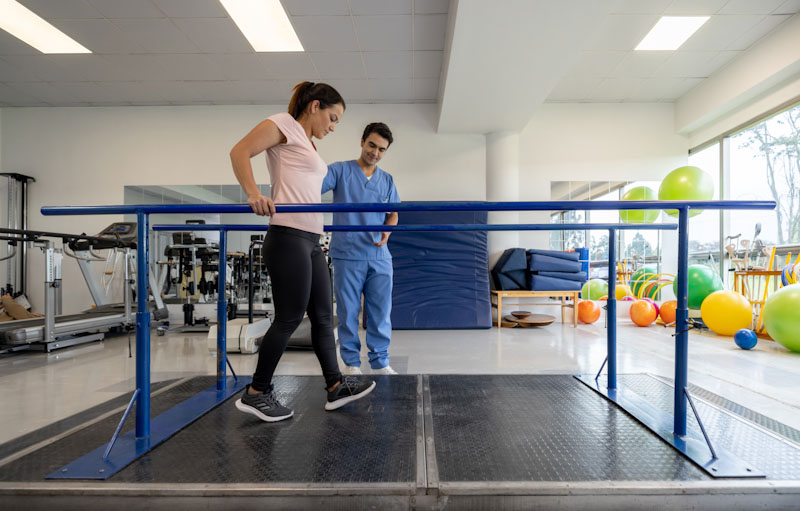



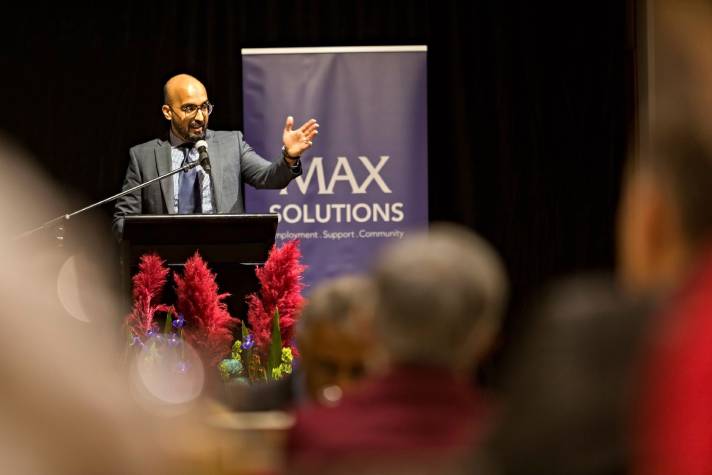





_1.jpg)



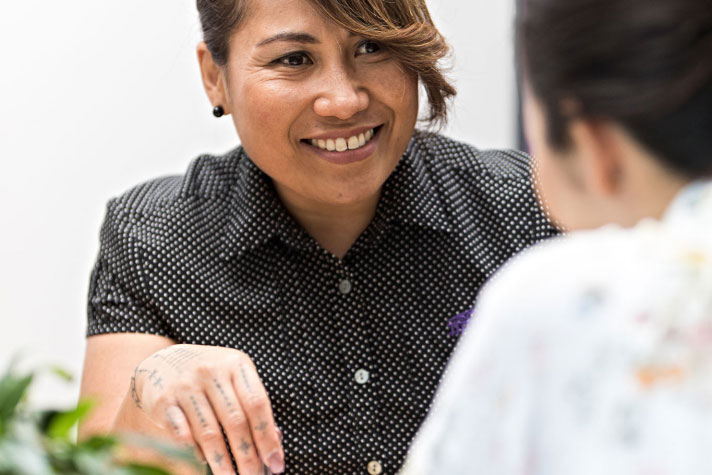
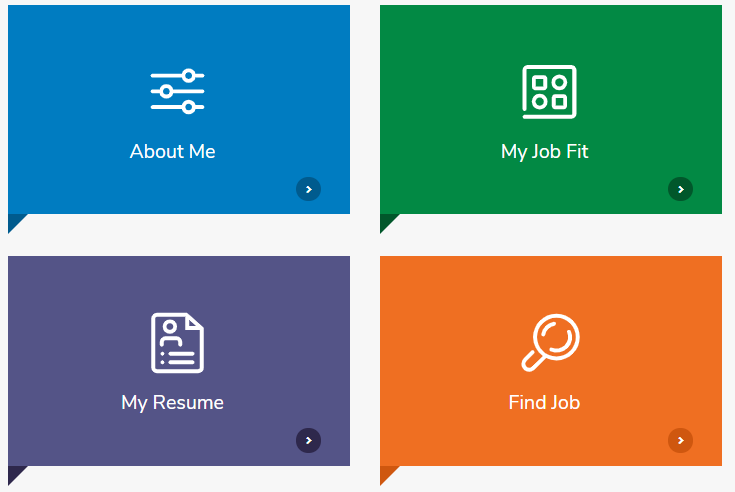




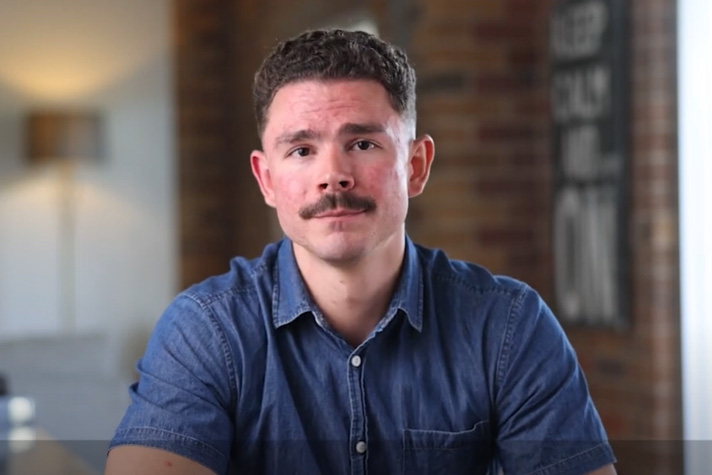


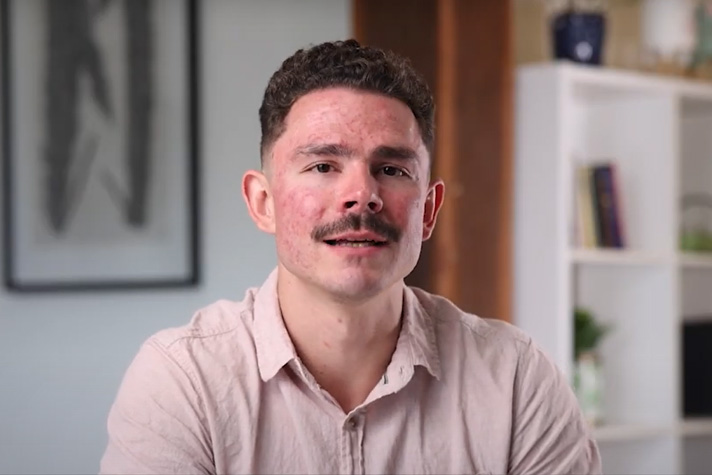















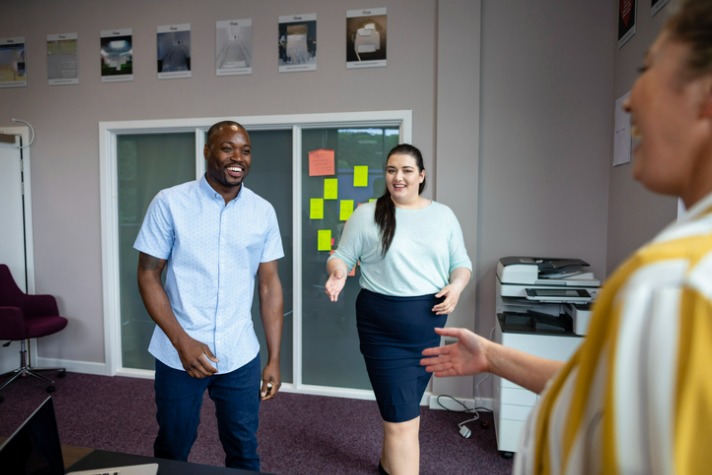
.jpeg)
